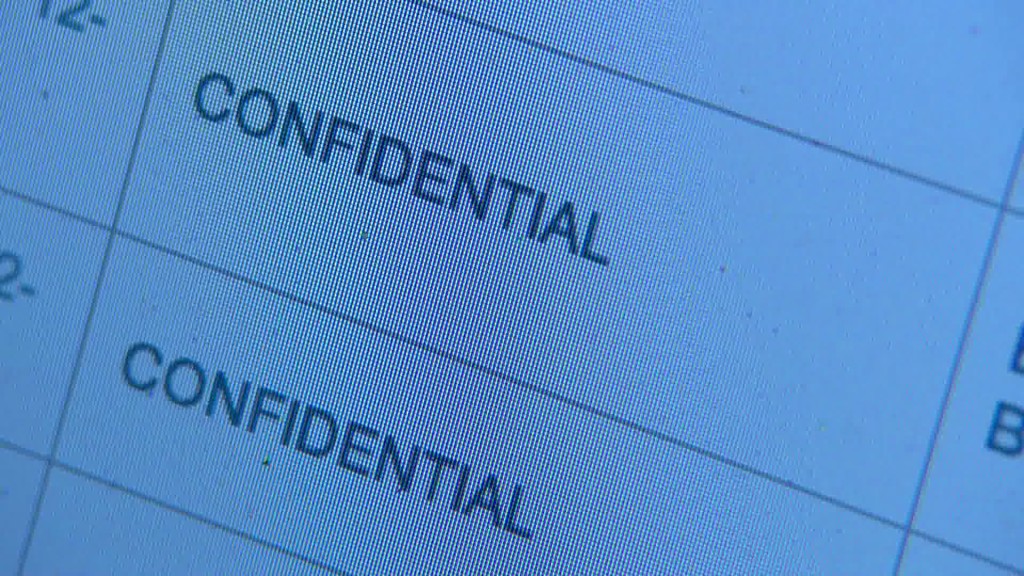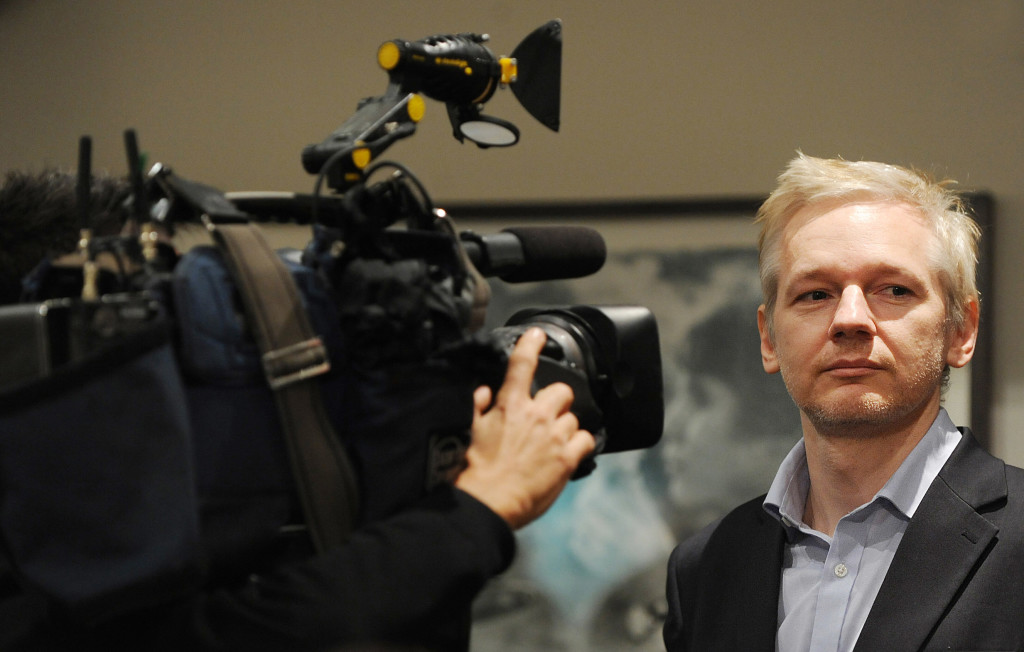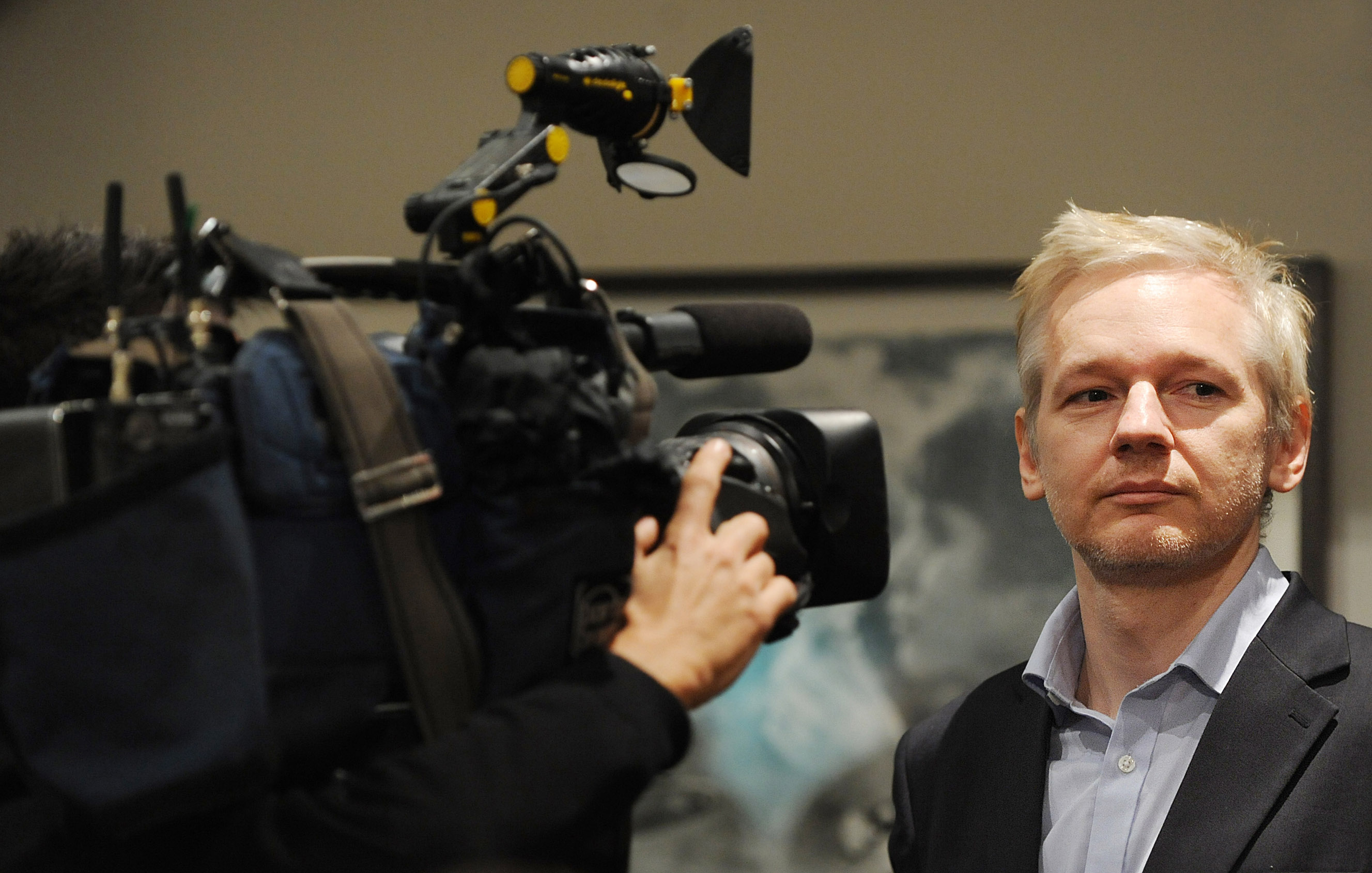Witnesses Testify About WikiLeaks Suspect’s Computer Skills

June 5, 2013
Share
PFC Bradley Manning’s supporters have often complained about the slow pace of his legal proceedings … but now that his court-martial is underway, the pace has picked up more quickly than anyone had anticipated. Manning’s defense has agreed to stipulations of testimony from a number of prosecution witnesses, eliminating the need for them to testify in person. Already having reached the end of the witness list for this week, court sessions have been cancelled for Thursday and Friday, and will resume on Monday.
Based on the testimony of several witnesses so far, it appears it was not difficult for Manning to access, copy and remove confidential files. Manning and other intelligence analysts worked in a “Sensitive Compartmented Information Facility” or SCIF at Forward Operating Base Hammer on the eastern side of Baghdad. From there, they could access a secure database of sensitive government documents, the Secret Internet Protocol Router Network, or “SIPRNet.”
Chief Warrant Officer Kyle Balonek described a relaxed atmosphere at FOB Hammer, where soldiers stored music, movies and video games on the secure shared computer drive in the SCIF. It was unclear from Balonke’s testimony whether keeping such unscreened material on the drives was authorized in the combat theater, but the practice was clearly against regulations on their home base in Fort Drum, Texas.
According to Balonek, Manning was hardly alone in copying sensitive files to local drives or even CDs. One of the main computers at the facility was sensitive to the heat and dust that defined Baghdad, and when it would crash, access to the SIPRNet was lost; creating backup files allowed the analysts to keep working without a connection to the network.
The prosecution worked to assert that Manning accessing documents outside of his area of analysis – for example, Guantanamo detainee records — but cross-examination revealed that it was not illegal or improper for Manning to access these documents. At the end of both sides’ questioning, Judge Lind asked if there was a prohibition on an analyst browsing the SIPRNet during idle hours, and Balonek replied, “No, there is not.”
Balonek had previously refused to testify during Manning’s pre-trial Article 32 hearing in 2011, invoking the prohibition on “compulsory self-incrimination” under Article 31 of the UCMJ (similar to a civilian invoking 5th Amendment right). The judge announced today that CWO Balonek had been granted immunity from prosecution in exchange for his testimony. Balonek was presumably concerned about being pursued for issues around failing to stop or detect Manning’s activities, but no reason has been cited for his previous refusal to testify.
Several additional witnesses commented on Manning’s remarkable skill with computers. Jihrleah Showman, a former Army specialist who supervised Manning for two months in Iraq, had him install a chat program on her computer even though he was unauthorized to do so. She said Manning once boasted that he found most government passwords “not complicated; he could always get through them.” Chief Warrant Officer Hondo Hack, who supervised the day shift of analysts, said that in 20 years in the Army he had never seen the level of organization he saw in Manning’s work and computer files.
The next set of witnesses, who will testify beginning Monday, will consist of more computer forensic experts and two witnesses who are expected to speak to the content of various documents leaked by Manning. The government will not provide the names of witnesses before they testify.
Related Documentaries
Latest Documentaries
Related Stories
Related Stories
Explore
Policies
Teacher Center
Funding for FRONTLINE is provided through the support of PBS viewers and by the Corporation for Public Broadcasting, with major support from Ford Foundation. Additional funding is provided the Abrams Foundation, Park Foundation, John D. and Catherine T. MacArthur Foundation, Heising-Simons Foundation, and the FRONTLINE Trust, with major support from Jon and Jo Ann Hagler on behalf of the Jon L. Hagler Foundation, and additional support from Koo and Patricia Yuen. FRONTLINE is a registered trademark of WGBH Educational Foundation. Web Site Copyright ©1995-2025 WGBH Educational Foundation. PBS is a 501(c)(3) not-for-profit organization.





















